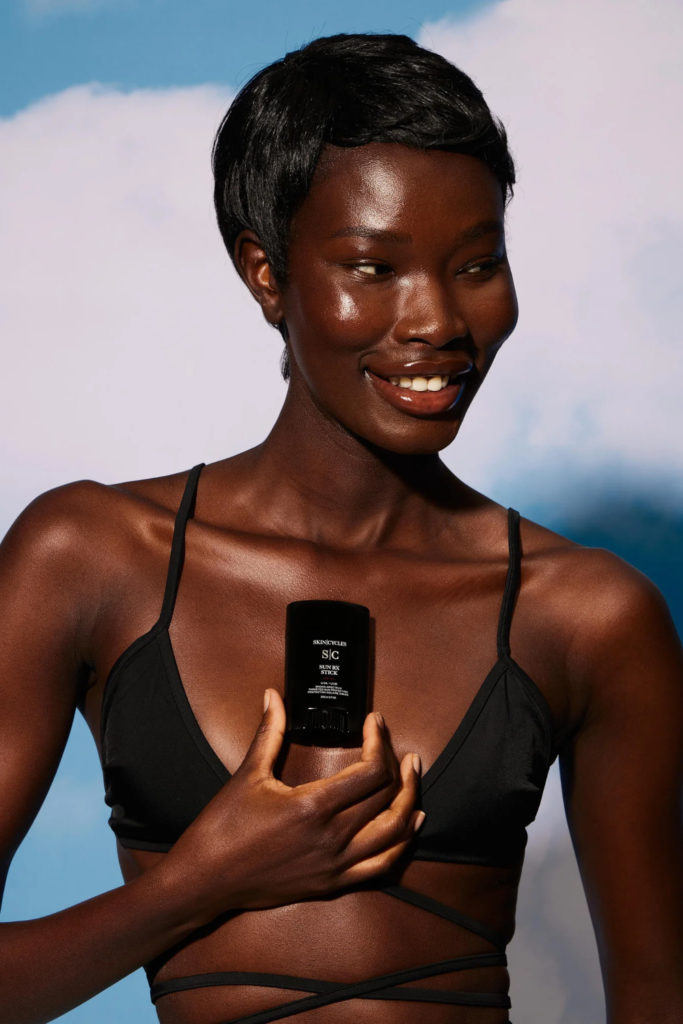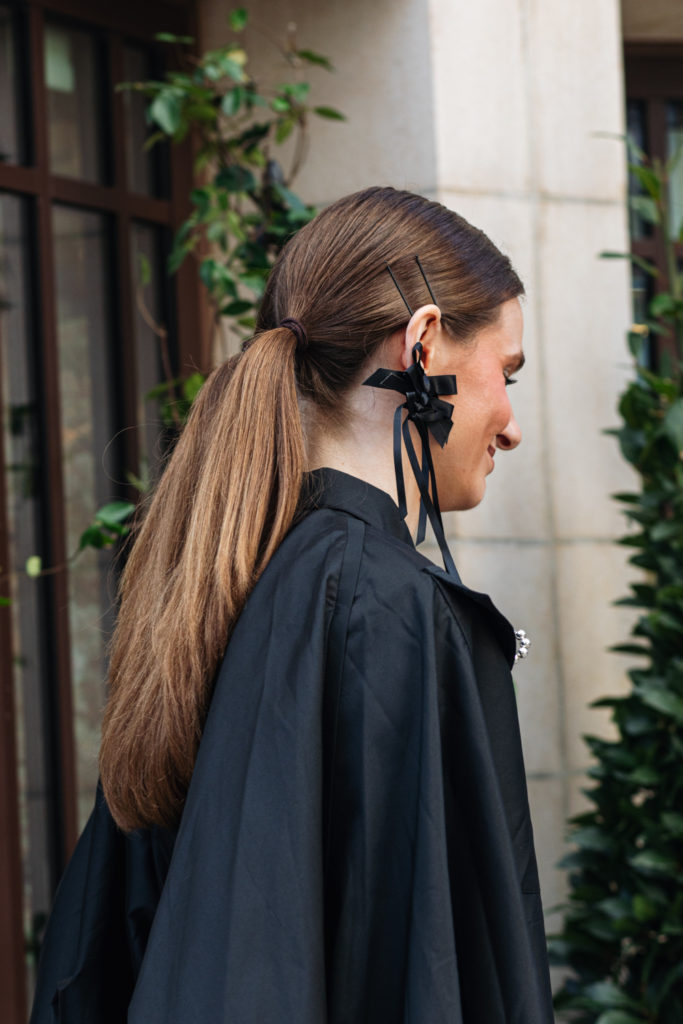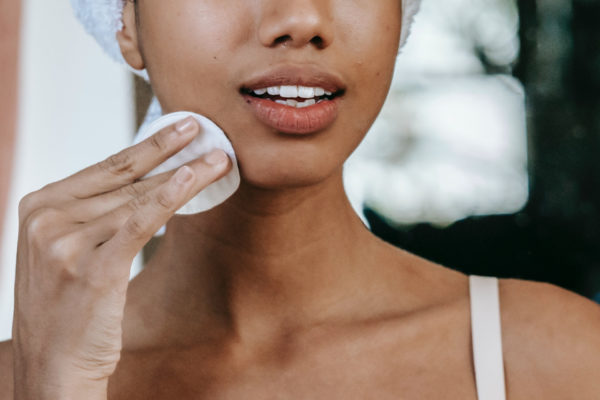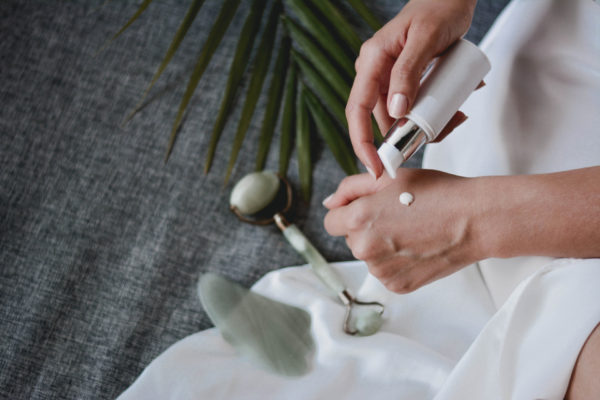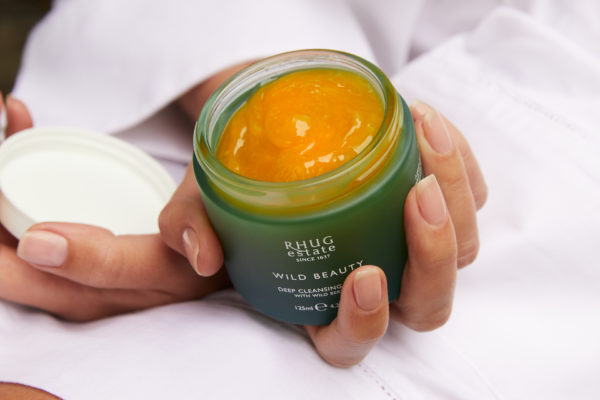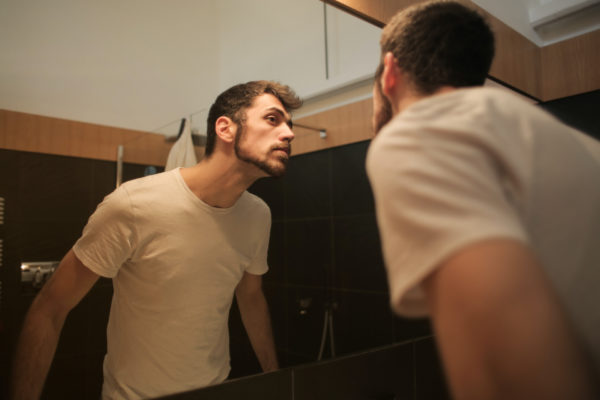Overwhelmed By Skincare? You’re Not The Only One
By
2 years ago
Shopping skincare feels more complicated than ever
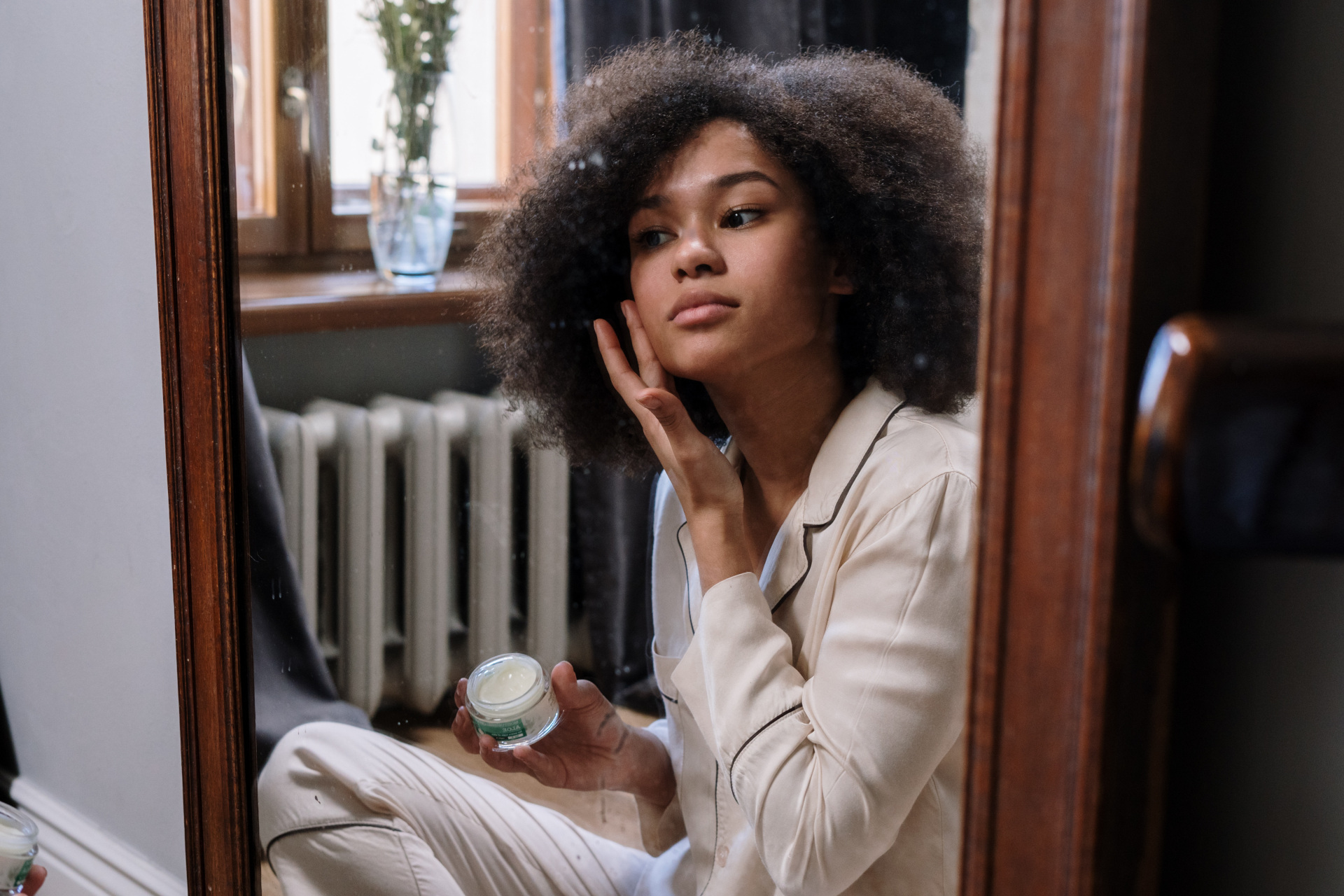
The skincare industry is packed with new brands and products, all vying for a top spot in our bathroom cupboard – but is there simply too much? A new report released by skincare brand Simple has confirmed that the majority of Brits feel overwhelmed by the industry, and the misinformation that comes with it.
The Country & Town House Responsible Buyers’ Guide
The Simple Truth Report Reveals That British Shoppers Feel Overwhelmed By Skincare Industry
Seventy-nine percent of British consumers feel overwhelmed by the skincare industry, confirmed the Simple Truth Report earlier this month. The report, which was designed by Beauty Seen with fieldwork by Savanta Group, surveyed 2,003 UK-based skincare consumers (men and women aged 18 and over). The results concluded that there was a general sense of hesitancy and confusion, with misinformation, disinformation and over-complication a prime concern for shoppers.
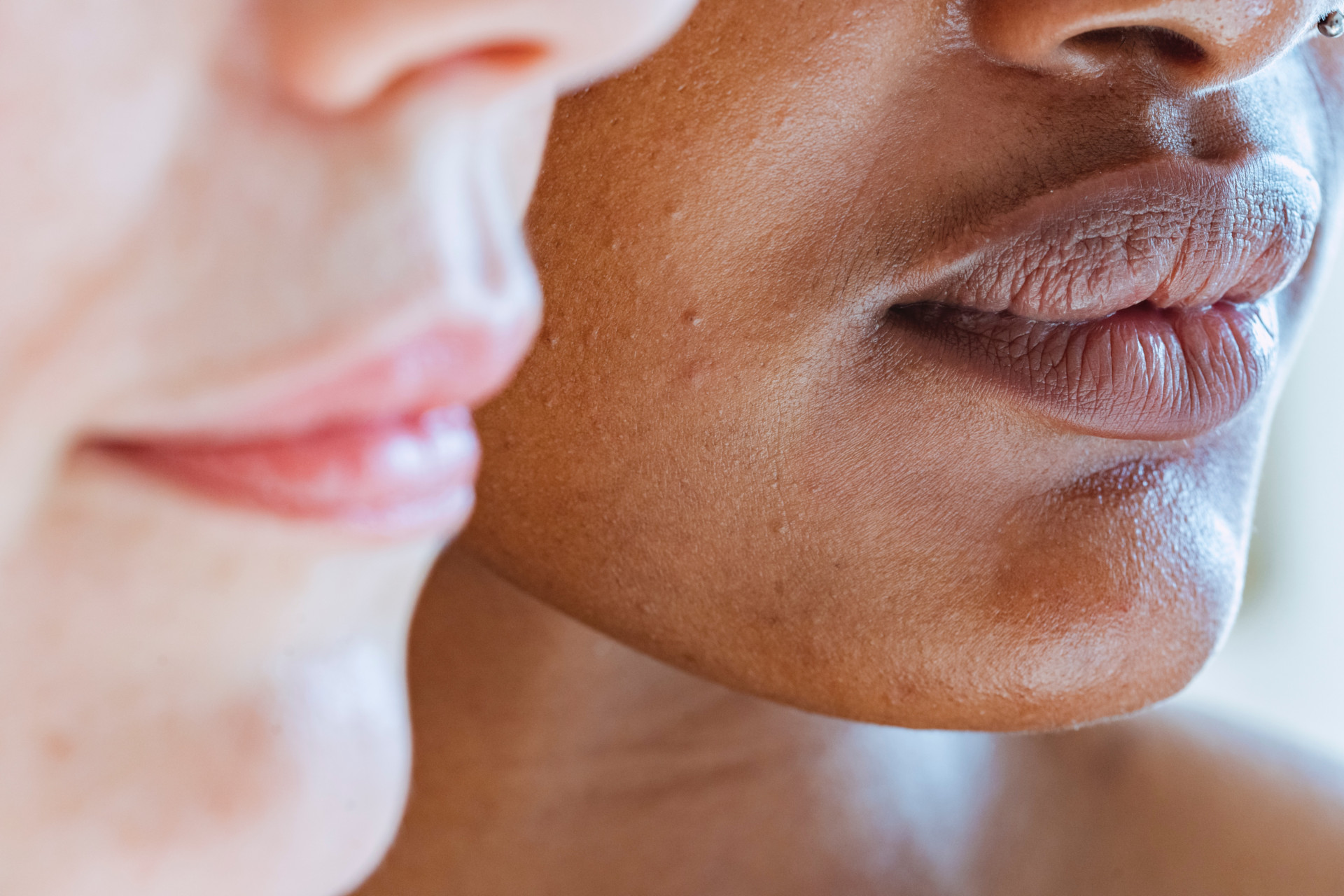
(c) Angela Roma, Pexels
The UK skincare market, which was valued at £3.1 billion in 2021, currently sees more than 5,000 beauty brands do business on a daily basis. With so many choices marketed as being the best on the market – usually for very vague reasons – it’s no wonder that British shoppers are finding it increasingly difficult to find trustworthy brands and products that work for their skin.
The main finding was that 79 percent of participants felt overwhelmed when it came to interacting with the skincare industry – especially those with sensitive skin, of which 84 percent reported they felt confused by skincare.
Scepticism also apparently sits heavy on the minds of shoppers, as the report noted that 80 percent of women and 74 percent of men surveyed believed that the skincare industry is flooded with misinformation. The report used ‘clean beauty‘ as an example, a term which 65 percent of participants admitted to not understanding. Vague labels like ‘clean beauty’ – which typically refers to beauty products that are free from harmful ingredients – do not have an official definition or certification process, meaning brands are largely free to interpret them as they wish. This makes the experience of shopping more confusing for customers, as the meaning behind the label can vary from brand to brand; where one brand may refer to using natural ingredients, another may be highlighting ethically sourced ingredients. Most of the time, these claims are never verified by a certifying authority, which in the case of sustainability leads many brands to perpetuate greenwashing.
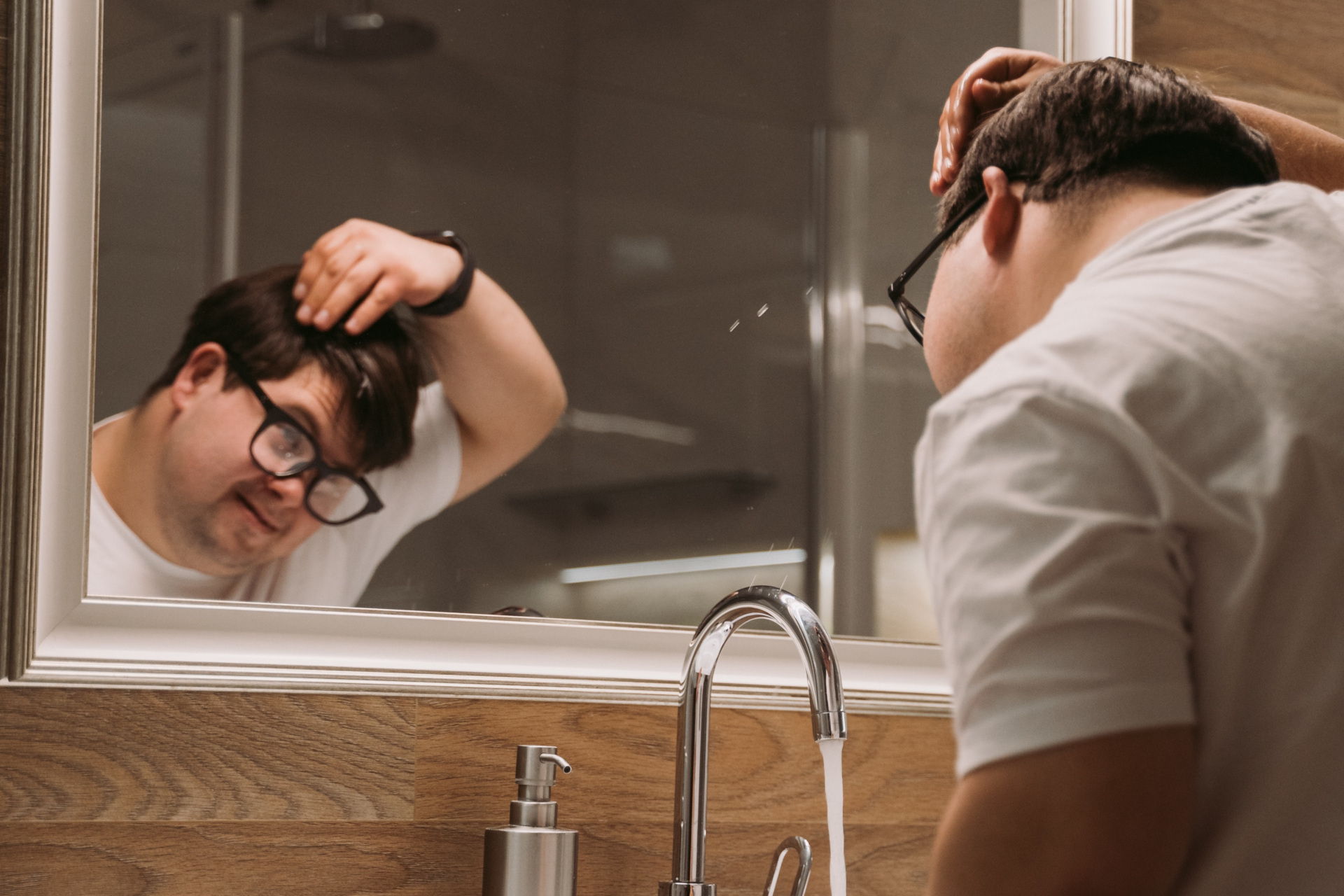
(c) Mart Production, Pexels
Social media also proved to be a huge source of skincare information, with 62 percent of 18 to 24 year olds saying they rely primarily on social media – despite 31 percent of overall participants believing that skincare information on online platforms is misleading and confusing, and 33 percent admitting they didn’t think social media provided completely honest information.
This became all the more apparent when it came to skincare buzzwords. The key example used in the report was ‘skin barrier‘, which only 29 percent of respondents saying they were confident in knowing its function and purpose. While a popular term online, referring to your body’s outermost layer, social media creators – most of whom aren’t doctors of dermatologists – promote multiple ways of caring for it without explaining how or why they work. As such, terms like ‘skin barrier’ become murky as multiple voices talk around the definition, rather than about it.
Instead, the report revealed that Brits were getting more clued in on specific skincare ingredients and their function, with 51 percent looking for vitamin C products, 38 percent for hyaluronic acid and 28 percent for niacinamide. But even with all of these buzzwords and trending ingredients, a third of participants (30 percent) said they preferred a straightforward, easy-to-follow skincare routine.
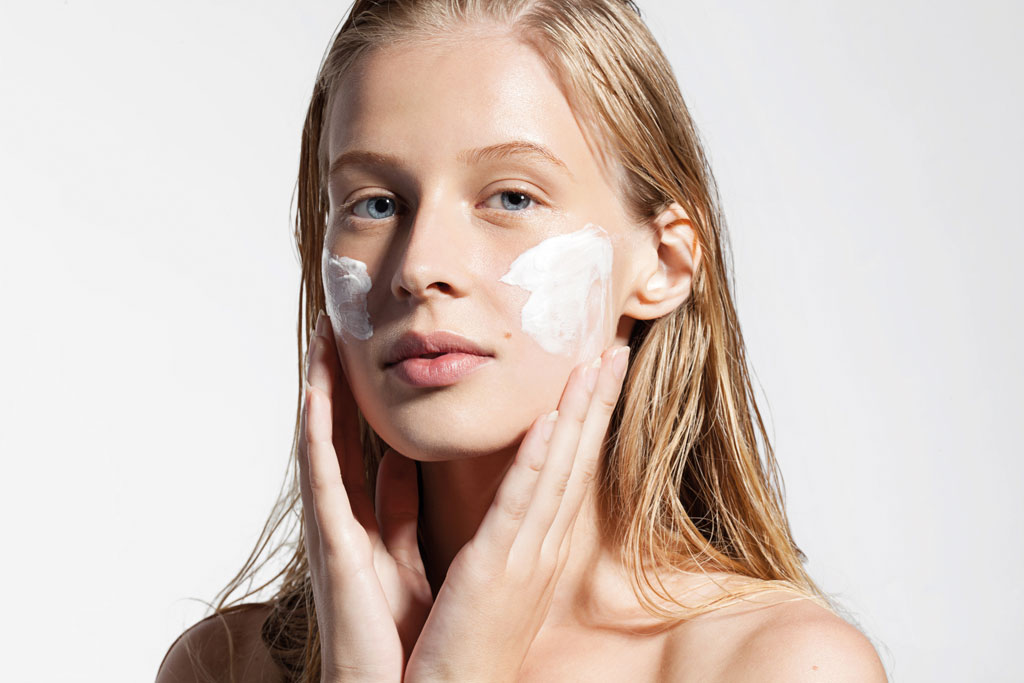
(c) Getty Images
A huge 87 percent of participants expressed a need for more positive changes within the beauty industry, the biggest being more straightforward claims with greater transparency (62 percent expressed this preference).
‘The skincare industry is a beautifully diverse and innovative place,’ said Magali Giupponi, global brand lead of House of Naturals and Simple. ‘It’s somewhere that helps people feel seen, empowered, and comfortable in their own skin. It’s a thriving environment of creativity, self-care, and community. But, as I know from 27 years working within it, it also has its flaws.
‘It is impossible to ignore the misinformation, the contradictions, and the prevalence of ‘facts’ being broadcast from all corners,’ she continues. ‘Sometimes, I find it hard to discern fact from fiction myself, and I know many others feel the same way.’
DISCOVER
You can read the full Simple Truth Report here.
Featured image: Cottonbro Studio, Pexels




